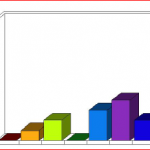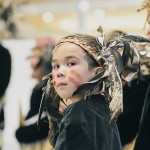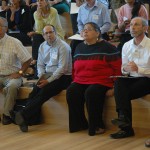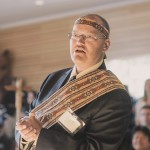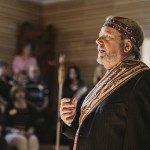Indigenizing the Academy Questionnaire for Participating Institutions University of the Fraser Valley wishes to thank those institutions (listed below) that participated in its Indigenizing the Academy Questionnaire. The questions asked were similar to those discussed at the gathering: How many indigenous faculty and staff are at your institution? How many indigenous courses are offered? Is there an indigenization […]
